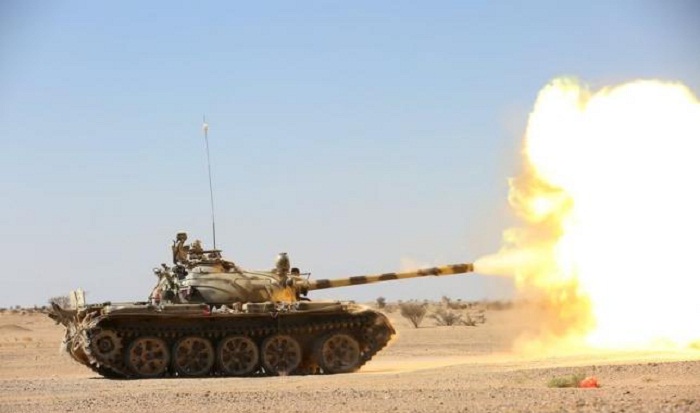Last week, the UN special envoy for Yemen, Ismail Ould Cheikh Ahmed, said he would convene a series of peace talks among the warring parties in Switzerland on Dec. 15, aiming to secure a ceasefire in the war-torn country.
The talks are meant to secure improvements in the humanitarian situation and a return to a peaceful and orderly political transition based on the UN Security Council Resolution 2216 that calls for the withdrawal of Houthi forces from territories they have captured and for them to disarm.
Hadi, the internationally recognized Yemeni president, has informed the United Nations and the coalition command that he would announce an "extendible" seven-day humanitarian ceasefire on Dec. 15 to coincide with the UN-facilitated peace talks.
The Saudi-led Arab coalition began air bombing military bases and arms depots of the Shiite Houthi gunmen in March, and later sent in thousands of ground troops from the UAE, Sudan, Qatar and other nationalities to back pro-government forces.
Bolstered by heavy weaponry and Gulf troops as well as Yemeni fighters trained in Saudi Arabia and the UAE, the pro-government fighters retook Aden as well as four other southern provinces in July.
The Shiite Houthi rebels, supported by the Republican Guard Forces loyal to former President Ali Abdullah Saleh, are still holding the capital Sanaa and most of the northern part of the country since September last year.
More than 6,000 people have been killed in Yemen since March in ground battles and airstrikes, half of them civilians.
More about:
















































